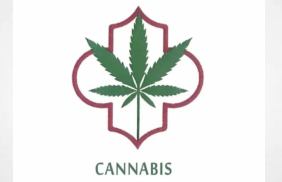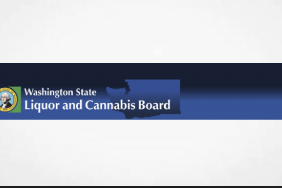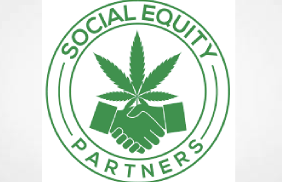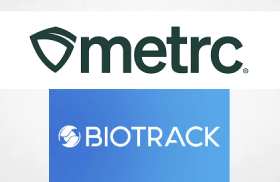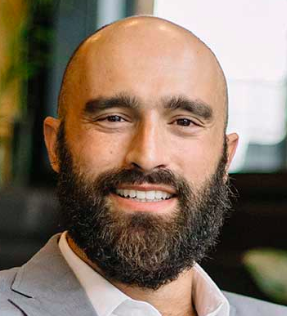This post was written by attorney Kamran Aryah with the Kight on Cannabis law firm.
The entire hemp industry is anxiously awaiting guidance from the United States Department of Agriculture (USDA). This wait has created a vacuum of sorts that many state legislatures are beginning to fill. We are currently witnessing state legislatures throughout the country debate and enact hemp legislation intended to bring their hemp programs in line with the 2018 Farm Bill. However, without USDA guidance, the bills and laws are often widely divergent. Some legislatures, such as Texas, are debating and passing progressive bills. Others, such as North Carolina, are debating bills that would criminalize certain types of hemp. (A lawsuit has been filed against the Indiana governor regarding a new law that criminalizes “smokable” hemp.) Much of this proposed state level legislation does not contain specific provisions regarding cultivation, processing, or testing regulations; instead, many are largely “enabling” legislation that directs individual state departments of agriculture to issue regulations. For this reason, even states that have managed to pass final versions of hemp reform bills do not provide much guidance to industry professionals seeking to maintain compliance with state and federal law.
Understandably, many state agencies do not want to allocate resources drafting regulations prior to having an opportunity to review the USDA’s rules. The 2018 Farm Bill requires state department of agriculture to submit proposed regulatory plans for approval by the USDA Secretary if they want to regulate hemp production. The Secretary will not begin reviewing these plans until the USDA publishes its own plan. A recent Federal Register agenda includes a timetable for the USDA to issue an “Interim Final Rule” by August, 2019. We hope that the USDA will issue pragmatic regulations that allow the industry grow in predictable ways. One major issue is standardized testing protocols for pre-harvest delta-9 tetrahydrocannabinol (THC) content, which we have written about here and here. Another is the legal status of “smokable hemp”, which currently outsells CBD in certain markets.
It is frustrating to be in this “wait and see” moment, when most hemp cultivators and processors are already planning for the 2019 harvest season. Planting has already begun in earnest and we are working with many farmers and processors to develop futures contracts for hemp. Planning for the 2019 crop is difficult at best until the USDA plan and approved state plans are implemented. This will take time and we expect a bumpy economic ride for the next 12-24 months. In fact, weanticipate a significant uptick in litigation, both with respect to defining the parameters of federal and state regulatory authority and between private parties who are sorting out their respective rights and obligations under new regulatory regimes.
We are keeping a close eye on state level legislation in certain key states, including North Carolina, New York, Alabama, Louisiana, and California. Stay tuned for updates as the hemp regulatory landscape continues to change.
Do not hesitate to contact us if you have questions or need assistance navigating the rapidly shifting regulatory terrain of the current hemp and CBD industry. Our attorneys have been advising hemp and CBD companies for years.
July 4, 2019
This post was written by Kight on Cannabis attorney Kamran Aryah. He works closely with clients to develop compliance strategies. Kight on Cannabis is a law firm founded by attorney Rod Kight that represents legal cannabis businesses. You can contact us by clicking here.
Source: https://cannabusiness.law/usda-created-a-regulatory-vacuum-states-are-beginning-to-fill-it/



